How learning really works - and it's not what you think
I'd like to say a huge thank you to everyone who attended my session at the conference, if you couldn't make it then you might enjoy the video and slides along with the resources below. During the discussions, I heard many wonderful ideas about how to bring the science of learning into the classroom. I hope that you will continue these conversations, because that's the point of this; not to constrain you with a fixed set of tools but to get you thinking about how to apply the underlying principles. As I said at least once, does an architect care about the chemistry of concrete? Of course! They care about the characteristics of all of the materials they use, which is how they can build structures which are both exciting and safe. Taking that thinking into the classroom means that you think critically about why you're doing what you're doing, what deeper principles are involved and how you can make continual improvements based on new evidence.
If you're wondering why I didn't give a list of ways to use this knowledge in the classroom then the answer is simple, and it was contained within the presentation. When we receive information which contradicts the existing 'map' of life experience, that information is likely to be rejected; "that would never work". If that information agrees with the existing map, the reaction is, "I already know that". What we can strive to do is to create surprise, to introduce the unexpected and to allow the natural process of integration to take place. If you are willing to think curiously and creatively about the ideas I presented, your amazing brain will come up with new applications all by itself. Not knowing what to do is a perfect place to start, because if we stick to what works, all we're really doing is maintaining the habits of the past. We're sticking to rituals which worked in a very different world than the one we live in today. By imagining what might become possible tomorrow, you begin to share in the creation of that body of human knowledge which you are sharing with the world. Thank you for your dedication to continually improving how we do that.
Download my presentation slides
See a video of my presentation
Some useful resources
| Newsletters & Blog | |
| Neuroscience News, an excellent daily newsletter of the latest research | https://neurosciencenews.com/ |
| My Genius at Work blog, loosely about learning and culture | https://www.genius-at-work.co.uk/2021/10/learning-is-human.html |
| Videos | |
| My YouTube channel with demonstrations and various other interesting things | genius.li/youtube |
| Frans de Waal talks about his research into empathy and an innate sense of fairness in animals. | https://www.youtube.com/watch?v=GcJxRqTs5nk |
| Lisa Feldman Barrett explains why what you've been told about emotions is wrong. | https://www.youtube.com/watch?v=0gks6ceq4eQ |
| Online Training | |
| NLP Practitioner Foundation - Free! | genius.li/nlpfoundation |
| Research Papers | |
| The Neuroscience of Gapped Learning | https://www.geniuslearning.co.uk/research/98-the-neuroscience-of-gapped-learning |
| Mirror Neurons and the Simulation Theory of Mind Reading, Gallese and Goldman, Trends in Cognitive Sciences, Dec 1998. | http://web.media.mit.edu/~cynthiab/Readings/Gallese-goldman98.pdf |
| Recalling Routes around London: Activation of the Right Hippocampus in Taxi Drivers, Maguire, Frackowiak & Frith, The Journal of Neuroscience, Sept 1997. | http://www.jneurosci.org/content/17/18/7103.full |
| Differential Consolidation and Pattern Reverberations within Episodic Cell Assemblies in the Mouse Hippocampus, Oşan, Chen, Feng & Tsien, PLOS, Feb 2011. | http://journals.plos.org/plosone/article?id=10.1371/journal.pone.0016507 |
| A picture is worth a thousand lies: Using false photographs to create false childhood memories, Wade, Garry, Read, Lindsay, 2002 | http://web.uvic.ca/~dslind/sites/default/files/Wade,Garry,Read,&Lindsay2002.pdf |
| A brain implant which enables a blind woman to 'see' | https://neurosciencenews.com/artificial-vision-prosthetics-19506/ |
| Books | |
|
The Brain that Changes Itself |
Normal Doidge |
|
Growing Up With Lucy |
Steve Grand |
|
How Emotions are Made |
Lisa Feldman Barrett |
